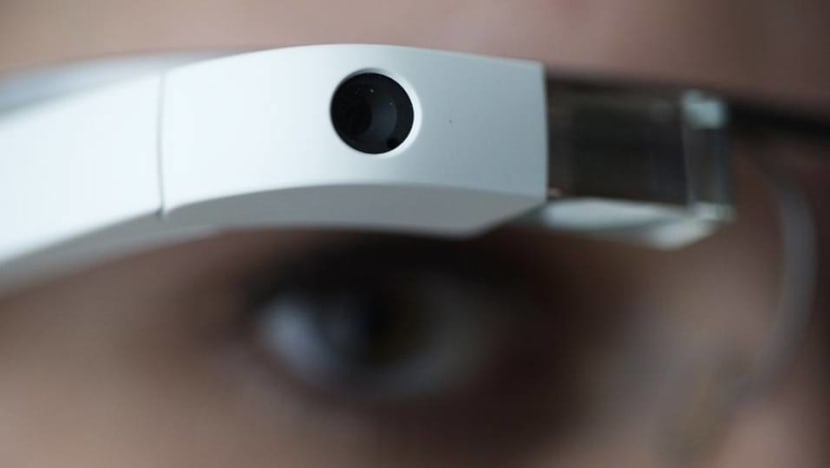BRISBANE: Humans are increasingly engaging with wearable technology as it becomes more adaptable and interactive. One of the most intimate ways gaining acceptance is through augmented reality (AR) glasses.tg777 online casino
Last week, Meta debuted a prototype of the most recent version of their AR glasses - Orion. They look like reading glasses and use holographic projection to allow users to see graphics projected through transparent lenses into their field of view.
Meta chief Mark Zuckerberg called Orion “the most advanced glasses the world has ever seen”. He said they offer a “glimpse of the future” in which smart glasses will replace smartphones as the main mode of communication.
But is this true or just corporate hype? And will AR glasses actually benefit us in new ways?Related: Commentary: Meta is right. Apple and Google can do more to protect children
Commentary: Meta is right. Apple and Google can do more to protect children  Commentary: Meta and X subscriptions offer users little play for pay OLD TECHNOLOGY MADE NEW
Commentary: Meta and X subscriptions offer users little play for pay OLD TECHNOLOGY MADE NEWThe technology used to develop Orion glasses is not new.
In the 1960s, computer scientist Ivan Sutherland introduced the first augmented reality head-mounted display. Two decades later, Canadian engineer and inventor Stephen Mann developed the first glasses-like prototype.
Throughout the 1990s, researchers and technology companies developed the capability of this technology through head-worn displays and wearable computing devices. Like many technological developments, these were often initially focused on military and industry applications.
In 2013, after smartphone technology emerged, Google entered the AR glasses market. But consumers were disinterested, citing concerns about privacy, high costtg777 online casino, limited functionality and a lack of a clear purpose.
This did not discourage other companies - such as Microsoft, Apple and Meta - from developing similar technologies. File photo of a woman wearing a Google Glass. (Photo: AFP/Joel Saget)
File photo of a woman wearing a Google Glass. (Photo: AFP/Joel Saget)
